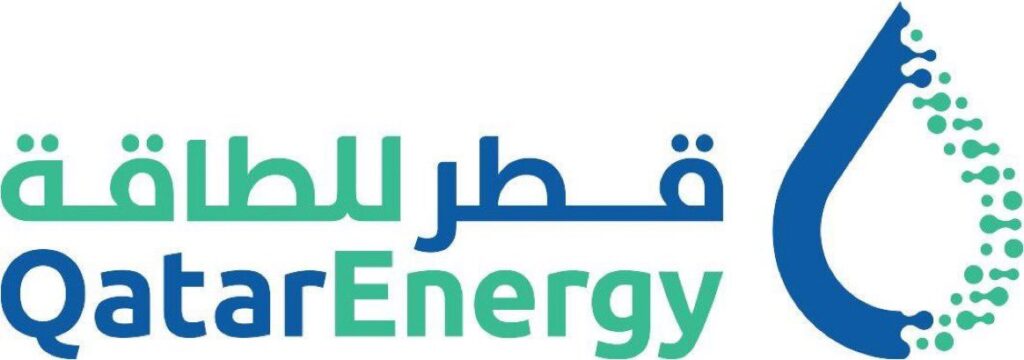
PARIS, FRANCE: Following its selection as the first partner for the 32 million ton per annum (Mtpa) North Field East (NFE) liquefied natural gas (LNG) project, TotalEnergies has again been selected as the first international partner in the 16 Mtpa North Field South (NFS) LNG project. TotalEnergies will obtain a 9.375% participating interest in the NFS project – out of a total 25% interest available for international partners – while the national company QatarEnergy will hold the remaining 75%.
Through its combined participating interests in NFE (6.25%) and NFS, TotalEnergies will add 3.5 Mtpa of LNG production to its growing worldwide LNG portfolio by 2028, in line with the Company’s objective to increase the share of natural gas in its sales mix to 50% by 2030.
The Second Phase of the World’s Largest LNG Project
Together, NFE and NFS form the wider North Field Expansion project to increase LNG production from the North Field, adding 48 Mtpa to Qatar’s export capacity and bringing it to 126 Mtpa by 2028. The upstream part of the project will develop the southern area of the North Field with five platforms, 50 wells and gas pipelines to the onshore processing plant. Downstream, there will be two 8 Mtpa liquefaction trains. NFS will benefit from significant synergies with NFE, making it one of the most cost-competitive LNG projects worldwide.
Just like NFE, NFS will apply the highest standards to reduce its GHG emissions intensity. Native CO2 from natural gas production will be captured and sequestered, and the plant will be connected to Qatar’s electrical grid, which will supply it with a growing portion of renewable electricity – in line with Qatar’s climate ambitions – thanks to the 800 MW Al Kharsaah solar power plant project, in which TotalEnergies is a partner, and QatarEnergy’s new solar power plant currently under construction in Ras Laffan with TotalEnergies’ support.
At the signing ceremony, Patrick Pouyanné, Chairman and Chief Executive Officer of TotalEnergies, said: “Following North Field East, we are truly honored and proud that Qatar has once again chosen TotalEnergies to be QatarEnergy’s first partner in North Field South.
The State of Qatar’s ambitious leadership in further developing its natural gas resources through this expansion project, which ranks among the world’s most competitive in terms of costs and low emissions, will make a major contribution to increasing LNG supply in the years to come.
We consider Qatar as a long-term strategic country for TotalEnergies and this latest addition to our portfolio marks an important step toward our low-carbon LNG growth objectives, a key pillar of TotalEnergies’ transformation into a sustainable multi-energy company. It will also further strengthen our ability, together with Qatar, to support Europe’s energy security.”
In his remarks during the ceremony, His Excellency Mr. Saad Sherida Al-Kaabi, the Minister of State for Energy Affairs, the President and CEO of QatarEnergy, said: “QatarEnergy is moving forward, with the support of our partners, to help meet growing global demand for cleaner energy, of which LNG is the backbone for a serious and realistic energy transition.
We are committing significant investments to lower the carbon intensity of our energy products, which constitutes a key pillar of QatarEnergy’s sustainability and energy transition strategy. I am pleased to welcome TotalEnergies yet again to our flagship LNG projects. I would like to thank Mr. Patrick Pouyanné, Chairman of the Board and CEO of TotalEnergies for his leadership and continued efforts to further strengthen our long-term partnership.”
TotalEnergies is the world’s third-largest low-carbon LNG company, with a global market share of around 10% and a global portfolio of nearly 50 Mt/y by 2025 thanks to its interests in liquefaction plants in all geographies. The Company benefits from an integrated position across the LNG value chain, including production, transportation, trading, and LNG bunkering. TotalEnergies ambition is to increase the share of natural gas in its sales mix to 50% by 2030, reduce the gas value chain’s carbon emissions, eliminate methane emissions, and work with local partners to promote the transition from coal to natural gas.